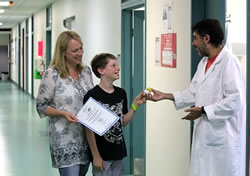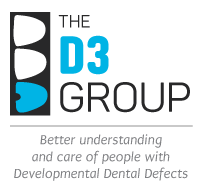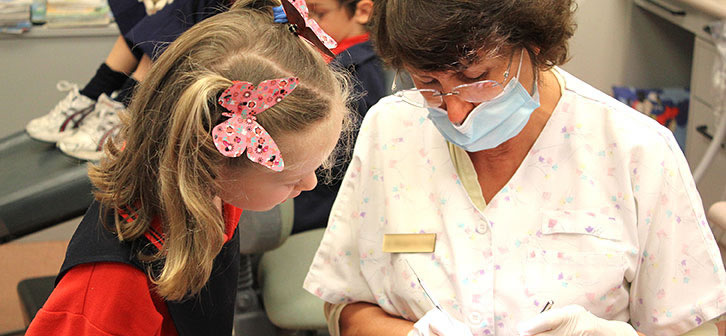How can families help?
Talking is cheap and usually fun. Better still, if you can work Molar Hypomin into conversation then you will be helping families around the world too – in a small yet important way, your advocacy will help lead to reduced suffering and costs from what seems likely to be a preventable disease.
Spread the word

Politely speaking (it usually pays), there is a "general lack of awareness" about Molar Hypomin and the other D3s – and no matter which other descriptor may take your fancy (e.g. unaware, ignorant, ning-nongs, nincompoops, bunch of ignoramuses.....get the idea?) you can safely apply all of them to this topic across most walks of life. So why don't more people have this important problem on their radar and why aren't all dental folk fully up to speed with it even? Although many reasons can be suggested (with squeaky wheels being a theme in common), the more constructive thought is that this situation can easily be improved by combining accessible information (e.g. this website) with strong voices from those in the know – and that’s where Molar Hypomin families have a key part to play.
Key messages

We think there are two key messages for you to relay please:
- First, you know from personal experience and additional information on this website that Molar Hypomin is a big problem worldwide;
- Second, you've also learned that exciting opportunities exist not only to develop better treatments but also to "cure" the problem preventively.
Put these two messages together and we all end up with a strong case for saying Molar Hypomin deserves more attention – from politicians, the public health sector, the dental fraternity, the research community, and the public too.
Beneficial outcomes

- Of particular benefit to families, broader awareness of Molar Hypomin will lead to earlier diagnosis and better planning for your child's care
- At community level, a raised profile for this troublesome condition will provide stronger justification for research into better treatments and hopefully a cure
- And for The D3 Group, we will get better at helping if we hear back from you – what questions need answers, what’s missing, and what might we do better? (contact us)
Support the science

Science has already provided many useful insights to Molar Hypomin. So wouldn't it be great to do some more research with a view to knocking this problem on the head?
There are three main ways your family might help:
- Participate in research studies, perhaps by answering surveys or trialing new products
- Donating extracted teeth so scientists can find out what makes them wonky
- Advocating for more research as part of your SPREAD THE WORD campaign
Generally your Dentist will take the lead in asking you to participate in a study. You will be under no obligation to do so and there will be written explanations and forms to fill if you do – these will ensure you know what you're letting yourself in for, outline the reasons why it’s a good idea scientifically, and let you know that the researchers' plans have been checked by experts (read more about Research Ethics).
Help with funding

We understand that most families have enough trouble making ends meet, let alone cover the extra costs that Molar Hypomin can bring. But some families do have a bit to spare and others may know of companies or organisations looking for a worthy cause to support – hopefully The D3 Group's mission to develop "better understanding and care of people with Developmental Dental Defects" will sway such folk to contact us or visit our Giving Back page. So that brings us back to where we started – whatever your financial state, please help us spread the word and then with any luck the funding support will follow.

